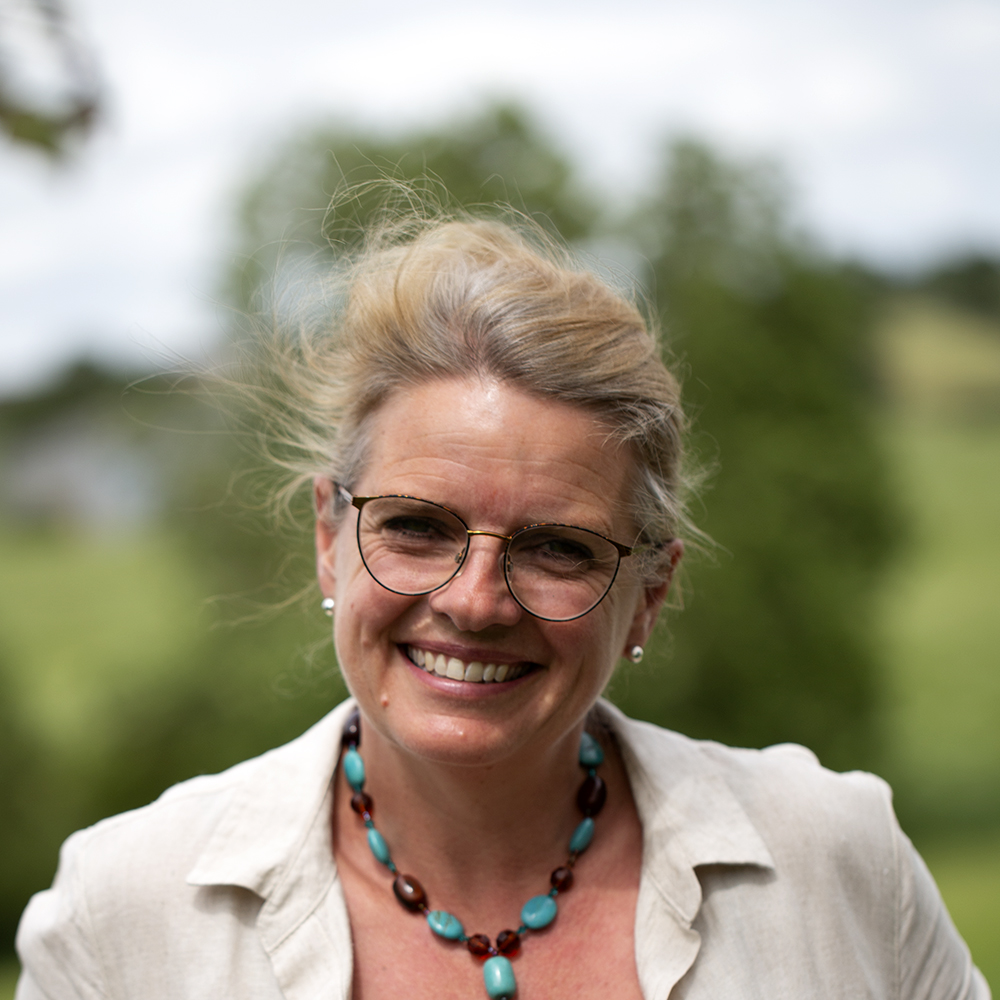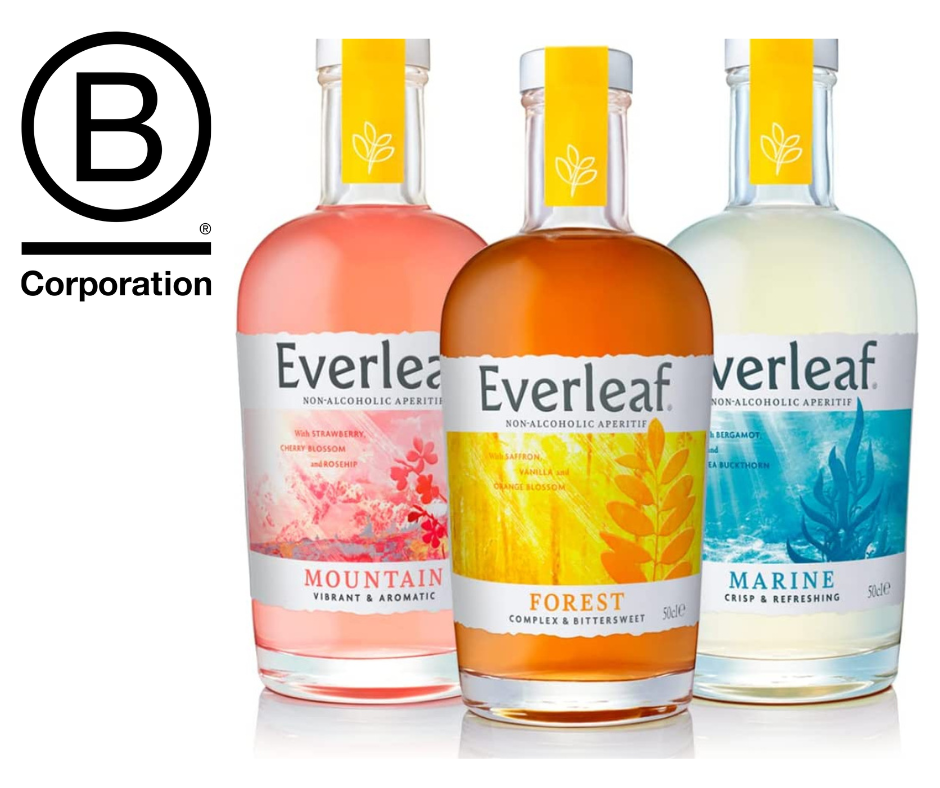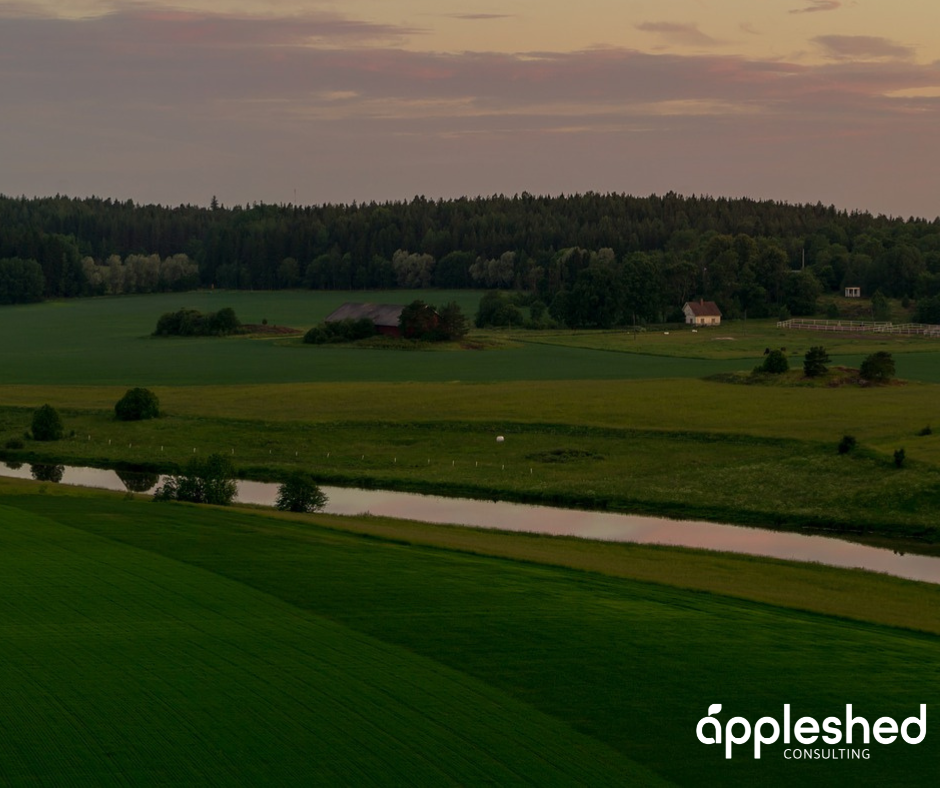Emmaus North East (NE)’s vision is to enable homeless people to rebuild their lives through a social enterprise that enriches and involves the community. They do this through providing social housing, counselling, upskilling, and community support. They run shops of recycled and upcycled goods, a free laundrette, a workshop to upcycle furniture and they also carry out house clearances. So how does a charity with such large social and environmental purpose work out their responsibility and impact in these spaces? A new CEO into role, Ruth Parker, wanted her and her team to be educated and upskilled on the subject and make a plan that was specific for Emmaus NE.
Challenge
Emmaus NE understood how to gather data and report on their Social Impact for the purposes of funding evaluations and to ensure alignment with their organisational strategy, however environmental impact was only basically understood and Social Impact for the purposes of ESG (Environmental, Societal and Governance) reporting incorporates more than the impact on those you serve (it also includes your impact on the people who work for you, your customers and your community). With limited resource and no detailed knowledge in the area, Ruth and the team wanted to know more, wanted to understand some frameworks they could use and how to make sure it aligned with their overall strategy.
Process
Through a series of workshops and one to ones, we examined what sustainability is and why we bother – the key message being that when looking at the systems we are a part of, the planet is the largest and provides us with food, water and shelter, swiftly followed by the society we live in. If we take some time to understand our impact, we start to understand how we can look after the environment, understand social justice and what falls under our responsbility.
Understanding what we are accountable for as an organisation versus what we choose to be responsible for through the product and service we provide to our clients and customers is a common theme and led us to create an Emmaus NE sustainability framework that covered the organisation (internal focus) and the Emmaus Service (client focus) across Environment, Society, Governance and Financial Resilience. Any organisation needs to build financial resilience for there to be resource to develop ESG, so they need to sit side by side when considering priorities.
To consider how Emmaus NE aligned themselves to global effort, we went through and prioritised the UN SDGs (sustainable development goals) and from there explored the BCorp’s B Impact Assessment (BIA) as a framework to guide current and future effort and commitment. Even though the BCorp framework is set up for corporates, it works very well for charities as a way to consider impact areas and ways forward, so we did a deep dive and educated the team whilst also conducting an “as of today” run through of the BIA to see where Emmaus’ strengths and weaknesses sat.
With the combination of an Emmaus NE specific Sustainability Framework, a defined alignment to the UN SDGs and a first run through of BCorp’s BIA, an action plan was created which outlined efforts to 2030. A year later, we came back to further educate new members of the team, including an Emmaus companian (ex-homeless community member), reviewed any BIA nil point questions, and provided a workshop to continue to develop a common language around sustainabiltiy and keep the “why” alive for Emmaus NE.
Conclusion
With so many facets to the organisation, defining social and environmental impact meant defining some boundaries to be able to guide thinking that would not usually be relevant for a corporate. For example, “workers” for Emmaus includes staff, volunteers and companions in the final definition. Clients were both the companions (people who had experience of homelessness), funders and corporate donars. Emmaus defined their alignment to the priority UN SDG’s and these were incorporated into their strategy documents and Social Impact Report. In addition, to further develop in house capability on environmental impact, Emmaus NE signed up for, continues to take part in, VONNE (Voluntary Organisation’s Network North East)’s “Going Green Together” programme which helps third sector organisations work towards IiE (Investors in the Environment) accreditation for environmental impact, gather their first carbon foot print and understand where they sit when it comes to Scopes 1, 2 and 3.
From starting out with a lot of good will and intent, this organisation has pinned down what they are accountable for and taken strides to take action. This is an ongoing journey for Emmaus NE and Ruth and her team are both committed and often delighted when they realise how much impact they have and how far they have come in just one year.
“The team at Emmaus North East have worked with Katrina and Appleshed Consulting through the Innovation Supernetwork for almost 2 years. She has been instrumental in driving the momentum for change relating to Net Zero and and in supporting our work towards IIE accreditation. This has included staff workshops, B Corp and a focus on the Sustainable Development Goals, all of which have helped highlight the social impact of Emmaus North East. Katrina is professional, knowledgeable and so respected by me and the team . I look forward to continuing to work with her in the future. If you have a chance to work with Katrina and Appleshed, take it up, you won’t be disappointed !”
Ruth Parker, CEO, Emmaus NE
NB: The business support was provided through an NTCA funded project on Innovation in SME’s in England’s North East run by Innovation SuperNetwork.




